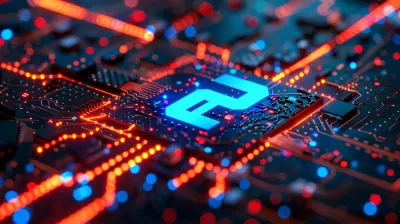The Future of AI in Personalized Healthcare
21 September 2025
Artificial intelligence (AI) is no longer just a sci-fi movie concept—it’s changing the way we live, work, and even how we receive healthcare. Imagine a world where doctors can predict illnesses before they even show symptoms, where treatments are customized down to your genetic blueprint, and where virtual assistants help you manage your health 24/7. Sounds like the future, right? Well, that future is closer than you think!
AI is revolutionizing personalized healthcare, making it more efficient, precise, and accessible. In this article, we’ll dive into how AI is shaping the future, what breakthroughs are on the horizon, and the challenges we need to overcome.
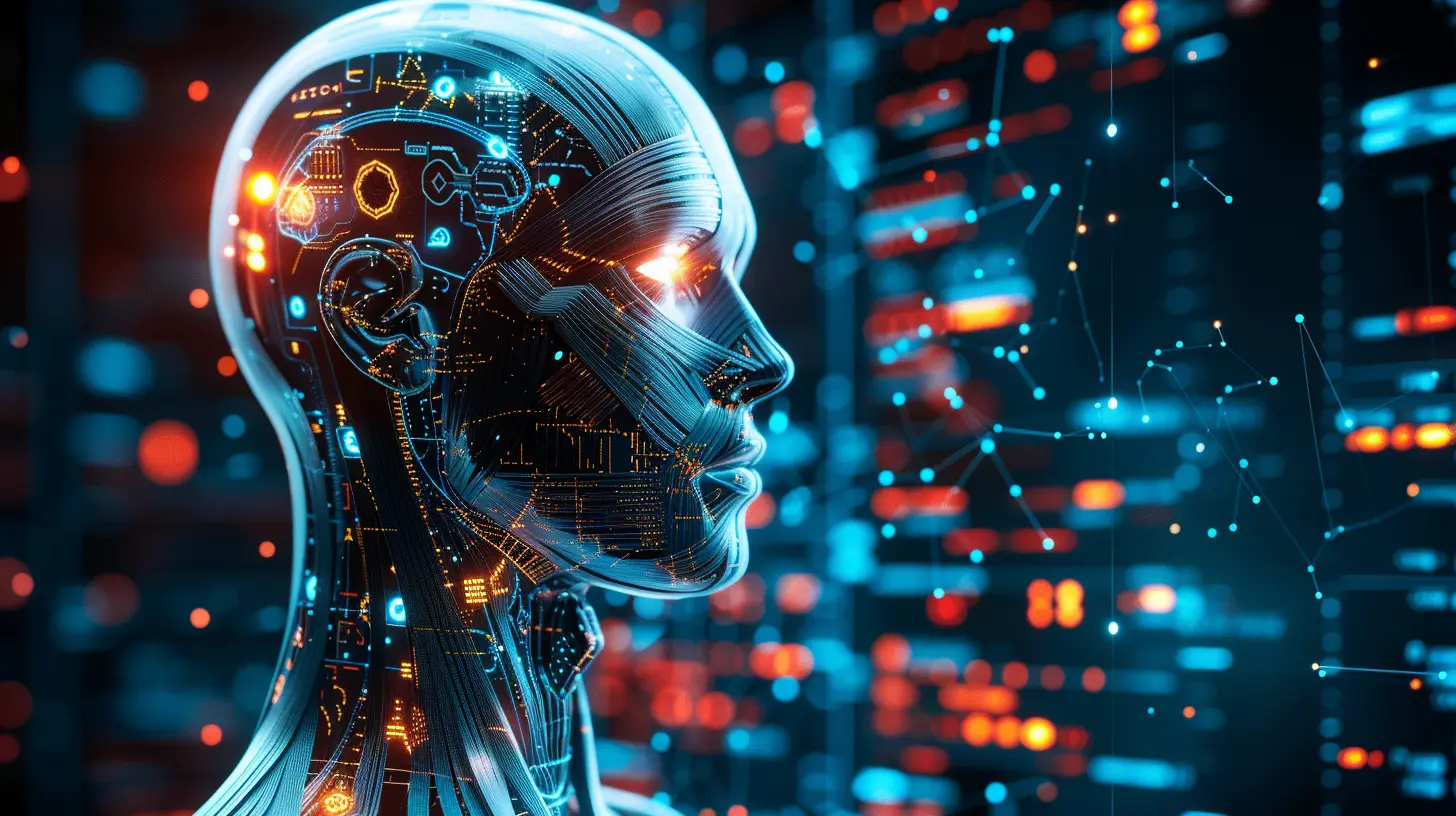
How AI is Reshaping Personalized Healthcare
Gone are the days when healthcare was one-size-fits-all. Each human body is different, which means treatments should be, too. AI is making healthcare truly personal by analyzing vast amounts of data to tailor medical decisions to each patient’s unique needs.1. AI-Powered Diagnosis: Faster and More Accurate
When it comes to diagnosing diseases, time is of the essence. AI algorithms can analyze medical images, lab results, and even genetic data at lightning speed—often detecting problems before a human doctor would. For example, AI-powered tools are already outperforming radiologists in spotting early signs of cancer in medical scans.But it doesn’t stop there. AI can also predict possible diseases based on a person's health records, lifestyle, and even wearable device data. This proactive approach can help doctors step in before a condition worsens, leading to earlier treatment and better outcomes.
2. Tailored Treatment Plans Based on Your Genetic Makeup
Every person responds differently to treatments. What works for one patient might not work for another. With AI, doctors can personalize treatment plans based on a patient's genetics, lifestyle, and past health history.By analyzing genetic data, AI can determine which medications will work best for an individual, reducing trial-and-error treatments. This helps cut down on side effects and improves the chances of success—making medicine not just smarter, but also safer.
3. AI-Driven Virtual Health Assistants
We already rely on virtual assistants like Siri and Alexa in our daily lives. Now, AI-driven healthcare assistants are stepping in to help monitor our well-being.These digital assistants can remind patients to take their medication, suggest lifestyle changes, and even detect early symptoms of diseases through voice and facial recognition. Some AI-powered apps can monitor mental health, detecting signs of depression or anxiety just from the way a person speaks or types messages.
4. Predictive Analytics in Healthcare: Preventing Illness Before It Starts
Instead of just treating diseases, what if we could prevent them? AI is making this possible by analyzing patterns in patient data to predict who might be at risk for certain illnesses.For example, AI can identify heart disease risks by analyzing years of medical history, diet, and activity levels. If someone is at risk, doctors can suggest lifestyle changes, medications, or regular check-ups to prevent a major health issue from developing.
This shift from reactive to proactive healthcare could save countless lives and reduce the burden on healthcare systems worldwide.
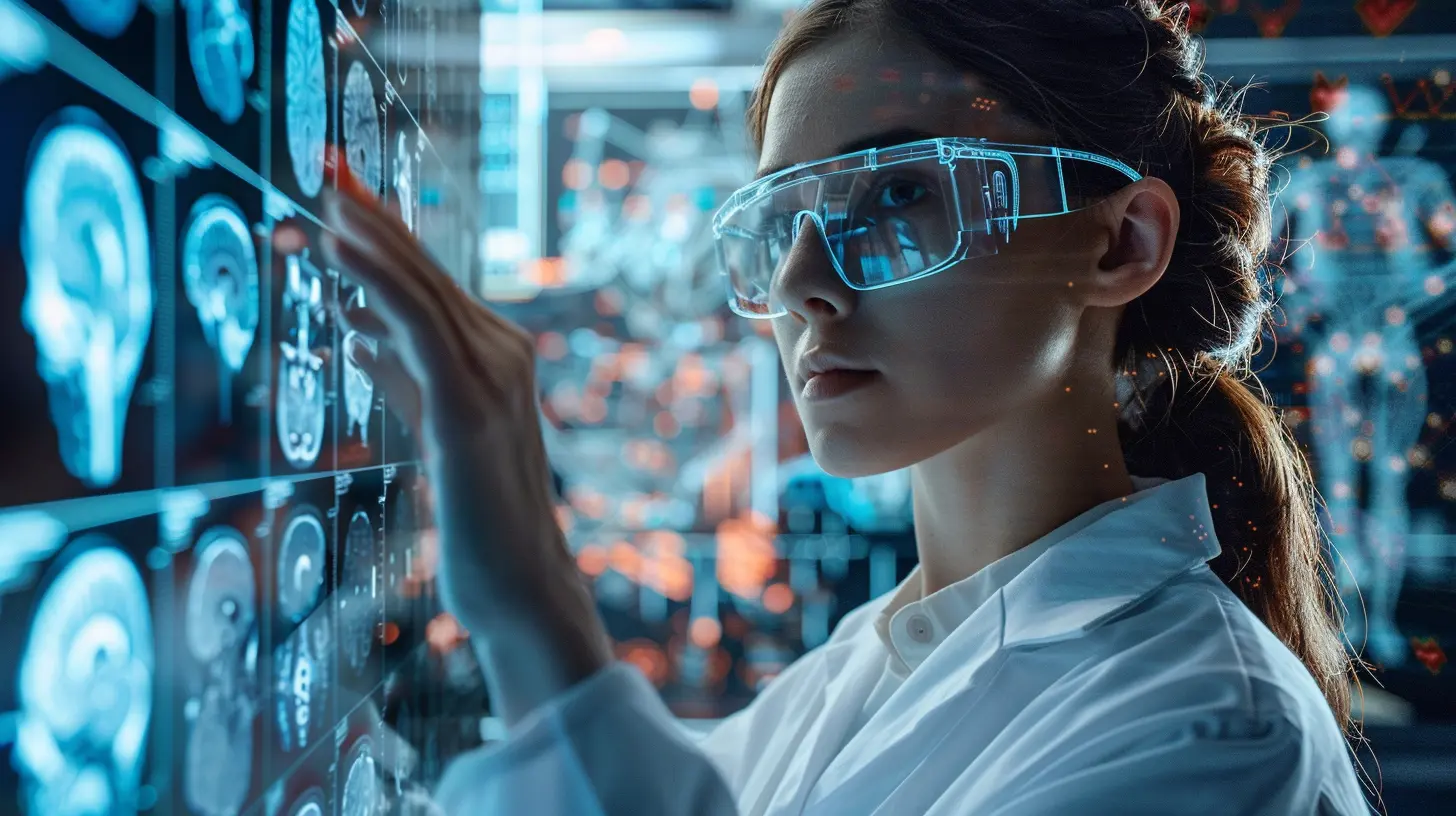
The Role of AI in Drug Discovery and Development
Developing new drugs is a long and expensive process. On average, it takes over a decade and billions of dollars to bring a new drug to market. AI is changing the game by significantly speeding up drug discovery.1. Faster Drug Discovery with AI
AI can scan through massive datasets, identifying potential drug candidates in a fraction of the time it would take human researchers. It can predict how different compounds will interact with the human body, helping scientists focus on the most promising options.For example, during the COVID-19 pandemic, AI helped researchers identify potential treatments at record speed, showing just how powerful this technology can be in emergency situations.
2. Personalized Medicine and AI-Designed Treatments
Beyond just discovering new drugs, AI plays a critical role in personalizing treatment plans. Imagine a future where a cancer patient gets a treatment plan designed specifically for their unique genetic makeup.AI can analyze a patient's DNA to determine the most effective drug combinations, maximizing the chances of success while minimizing side effects. This level of precision could revolutionize medicine as we know it.
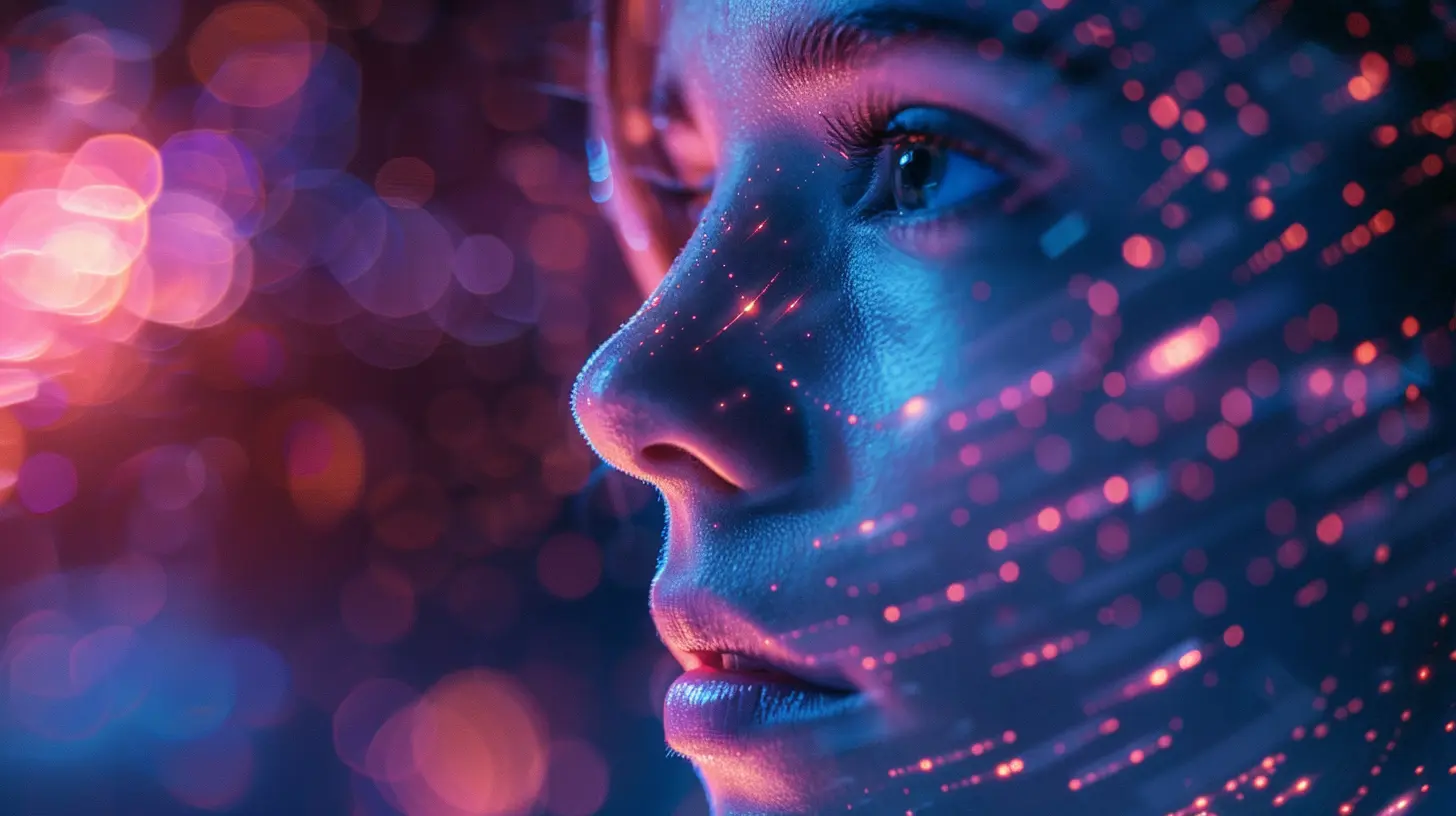
Challenges and Ethical Considerations
While AI in healthcare sounds like a dream come true, it’s not without its challenges. We need to address these concerns to ensure AI is used ethically and effectively.1. Privacy and Data Security
Healthcare data is incredibly personal. With AI relying on vast amounts of patient information, there's always a risk of data breaches. Strict privacy regulations and advanced security measures are necessary to protect sensitive medical information from falling into the wrong hands.2. Bias in AI Algorithms
AI is only as good as the data it’s trained on. If the data contains biases—such as underrepresenting certain demographics—the AI's predictions and recommendations may be flawed. Ensuring diversity in AI training data is crucial to creating fair and effective healthcare solutions.3. Job Displacement Concerns
Some fear that AI could replace human doctors and nurses. However, the goal of AI isn’t to take away jobs—it’s to enhance human decision-making and free up time for medical professionals to focus on patient care. AI can handle tedious tasks like paperwork, allowing doctors to spend more time with their patients.4. Regulatory Hurdles
AI-driven healthcare solutions need to go through rigorous testing and approval processes. Governments and regulatory bodies must keep pace with these advancements to ensure AI-driven treatments and tools are safe, effective, and reliable.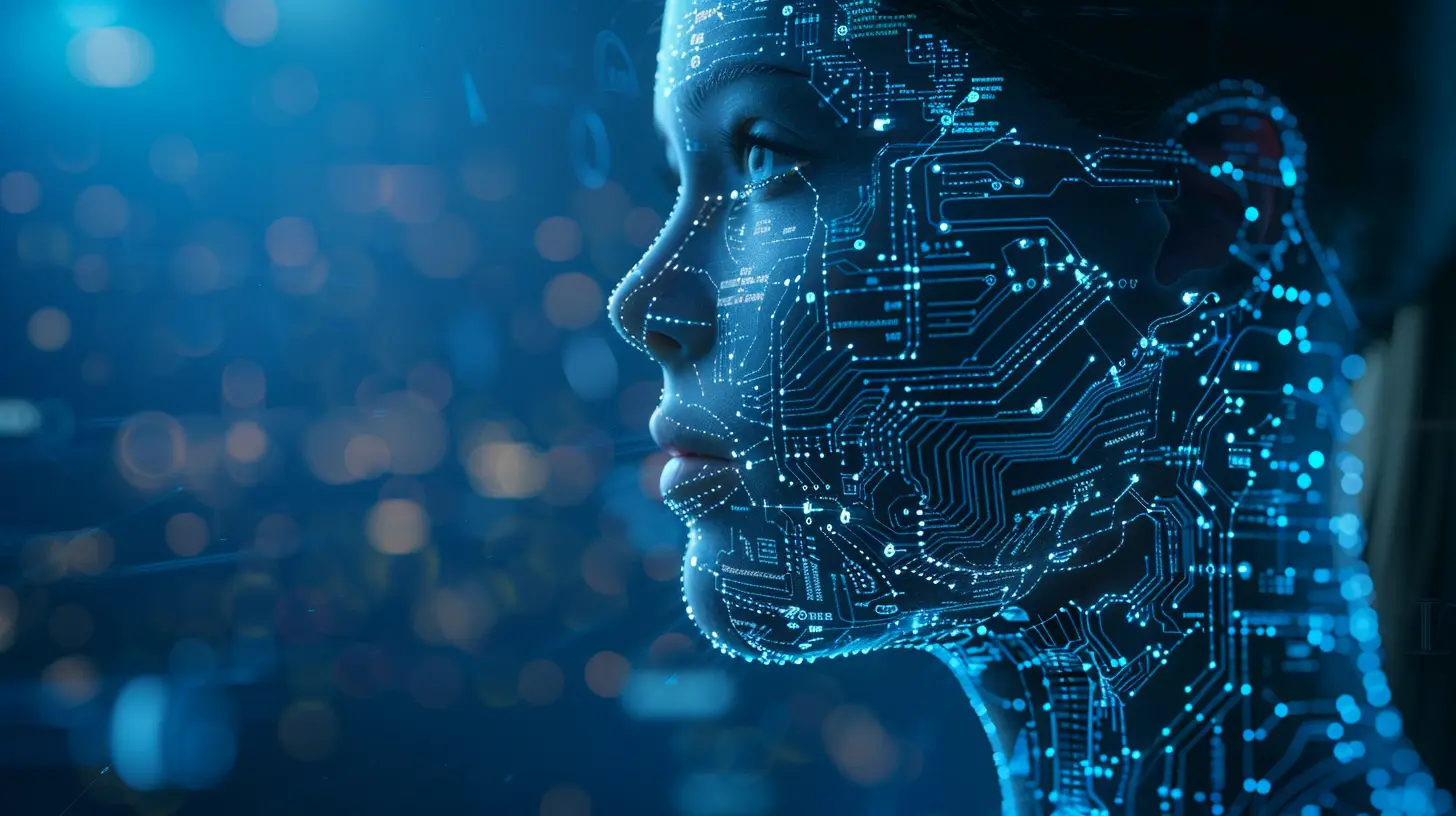
The Road Ahead: What’s Next for AI in Personalized Healthcare?
AI's impact on healthcare is already significant, but we’re just scratching the surface. Here’s what we can expect in the coming years:- AI-Powered Robotics in Surgery – Robots guided by AI will assist surgeons, making procedures more precise and reducing recovery times.
- AI in Mental Health Treatment – AI-powered therapies and virtual counseling could provide more accessible mental health support.
- Wearable AI Devices – Smartwatches and other wearables will become even better at tracking health conditions and warning users of potential issues.
- AI-Enhanced Telemedicine – Virtual healthcare visits will become more advanced, with AI helping doctors diagnose conditions remotely.
The future of AI in personalized healthcare is incredibly promising. With the right balance of innovation, ethics, and regulation, AI has the potential to revolutionize how we approach medicine—making healthcare more personal, proactive, and effective.
Final Thoughts
AI is reshaping the healthcare industry in ways we never imagined possible. From early disease detection to customized treatments, AI is bringing us closer to a world where healthcare is truly tailored to each individual.Of course, challenges remain, but with continued research, ethical considerations, and responsible development, AI in personalized healthcare will become even more powerful and beneficial.
So, the next time you visit a doctor, don’t be surprised if AI has played a role in your diagnosis or treatment plan. The future of healthcare is personal, and AI is leading the charge!
all images in this post were generated using AI tools
Category:
Artificial IntelligenceAuthor:

Jerry Graham
Discussion
rate this article
1 comments
Sera Malone
Great insights on the evolving role of AI in personalized healthcare! It's exciting to see how technology can enhance patient care and outcomes. Looking forward to the future advancements in this vital field!
September 23, 2025 at 11:31 AM

Jerry Graham
Thank you! I appreciate your enthusiasm for the advancements in AI and personalized healthcare. Exciting times ahead!
